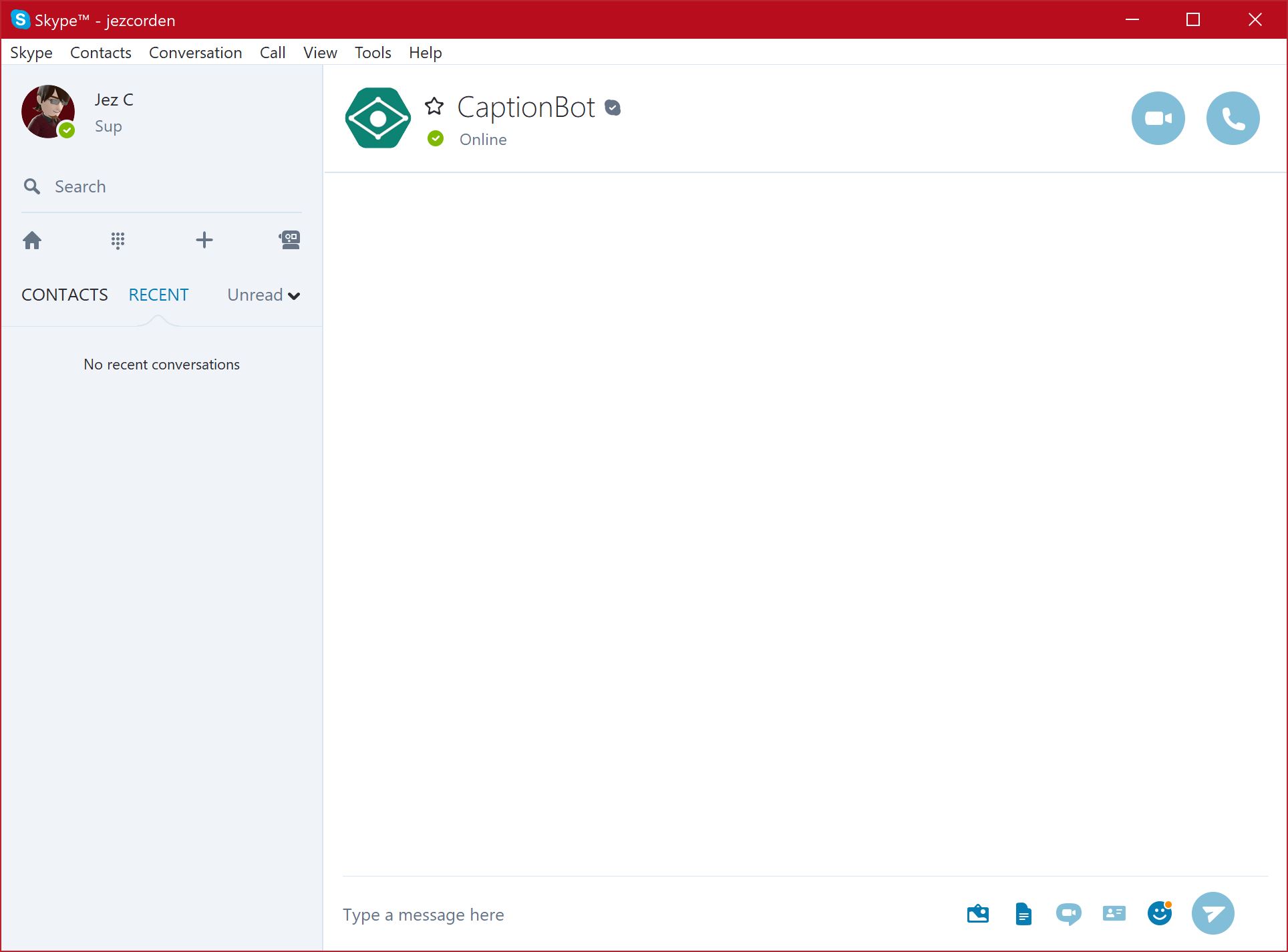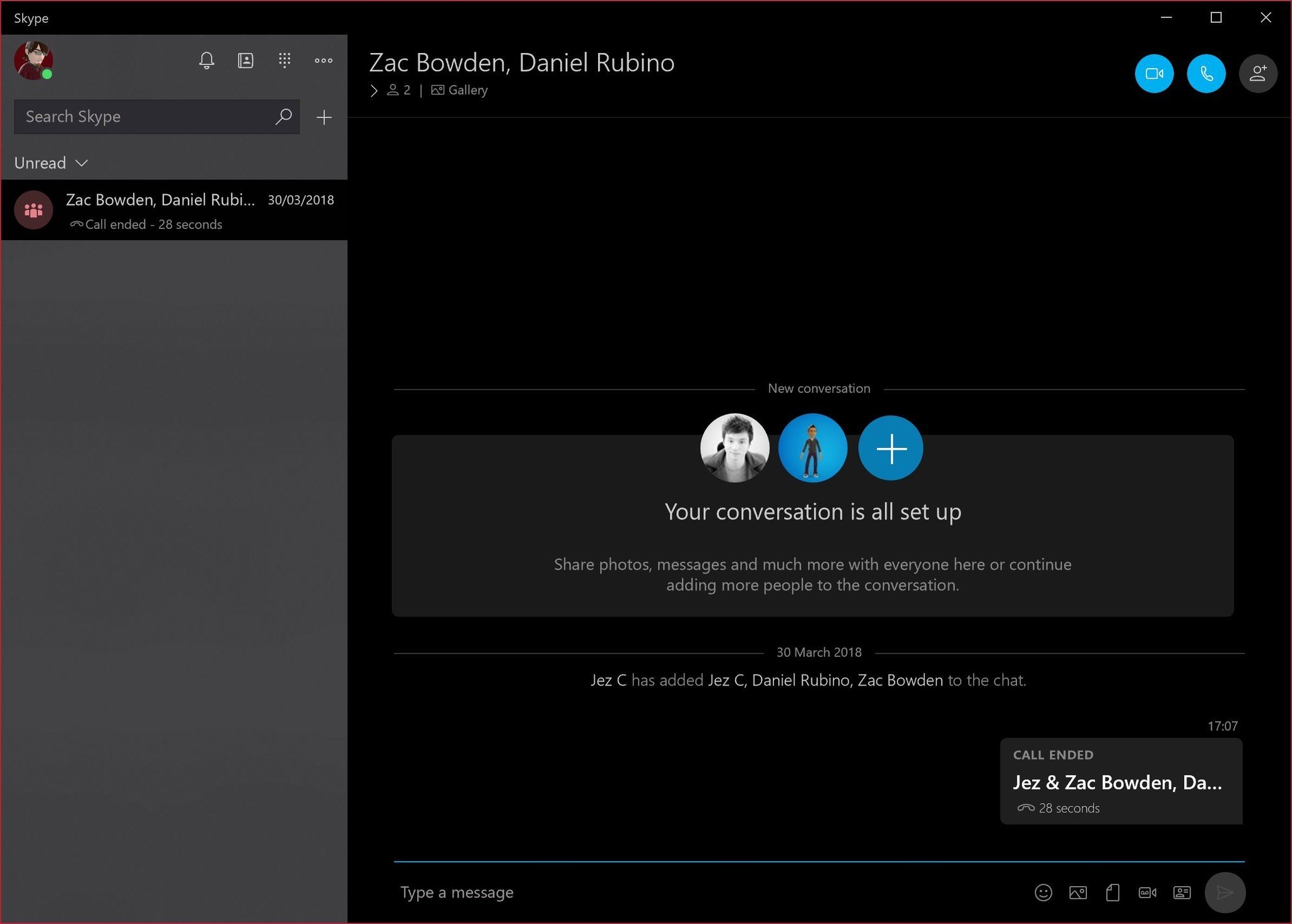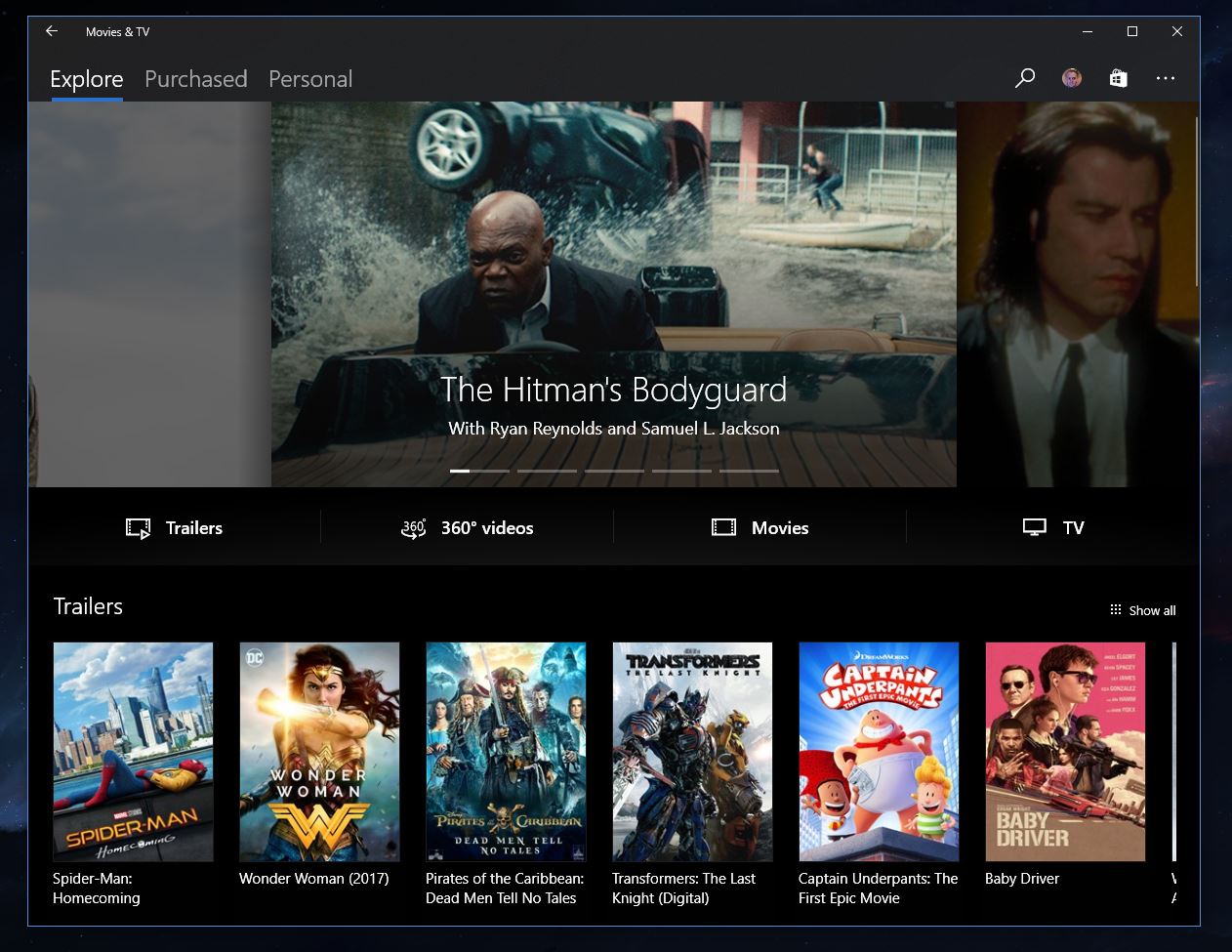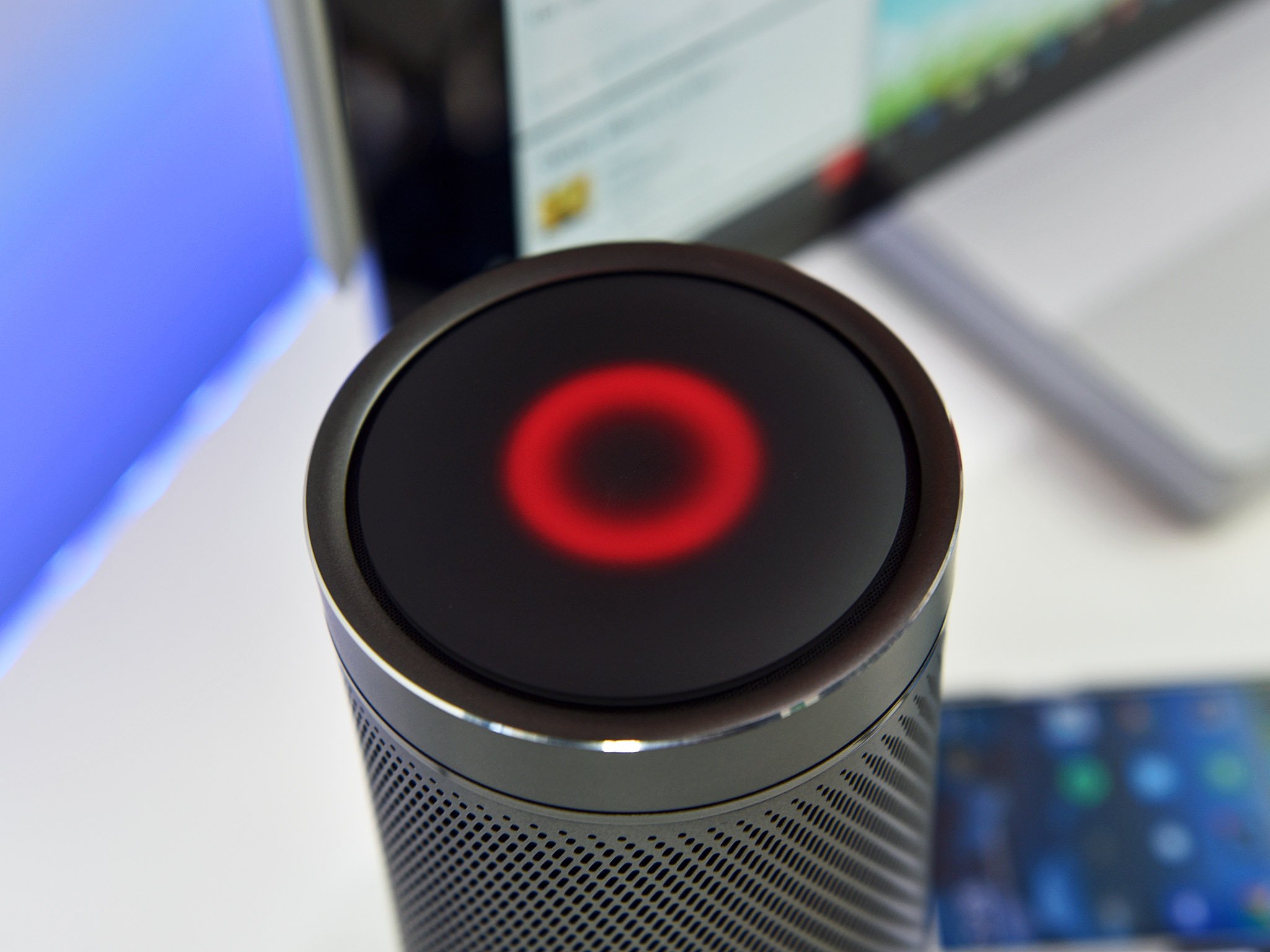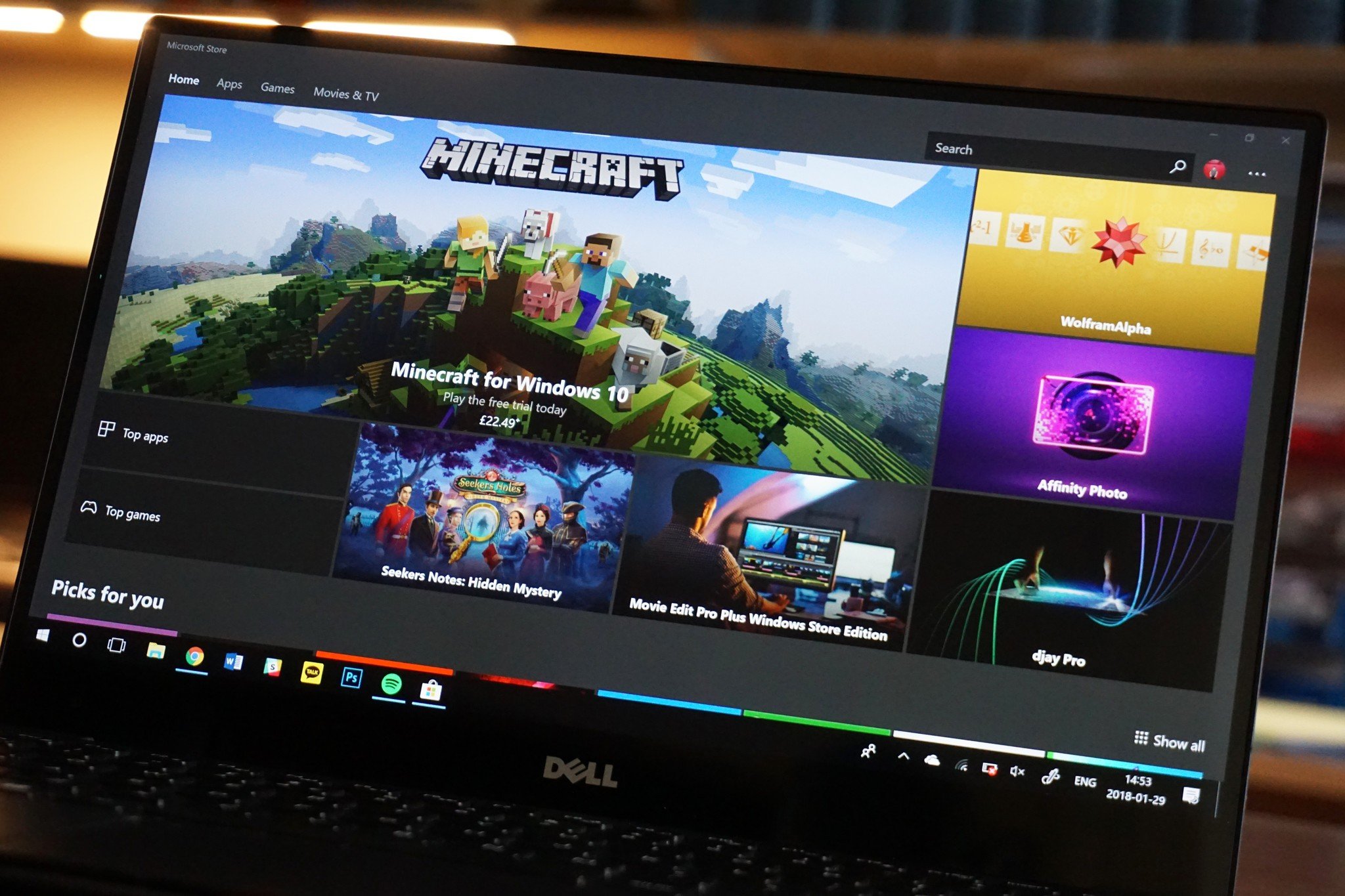Microsoft's 4 most disappointing products and services
Microsoft makes a lot of great products ... but it also makes a few bad ones.
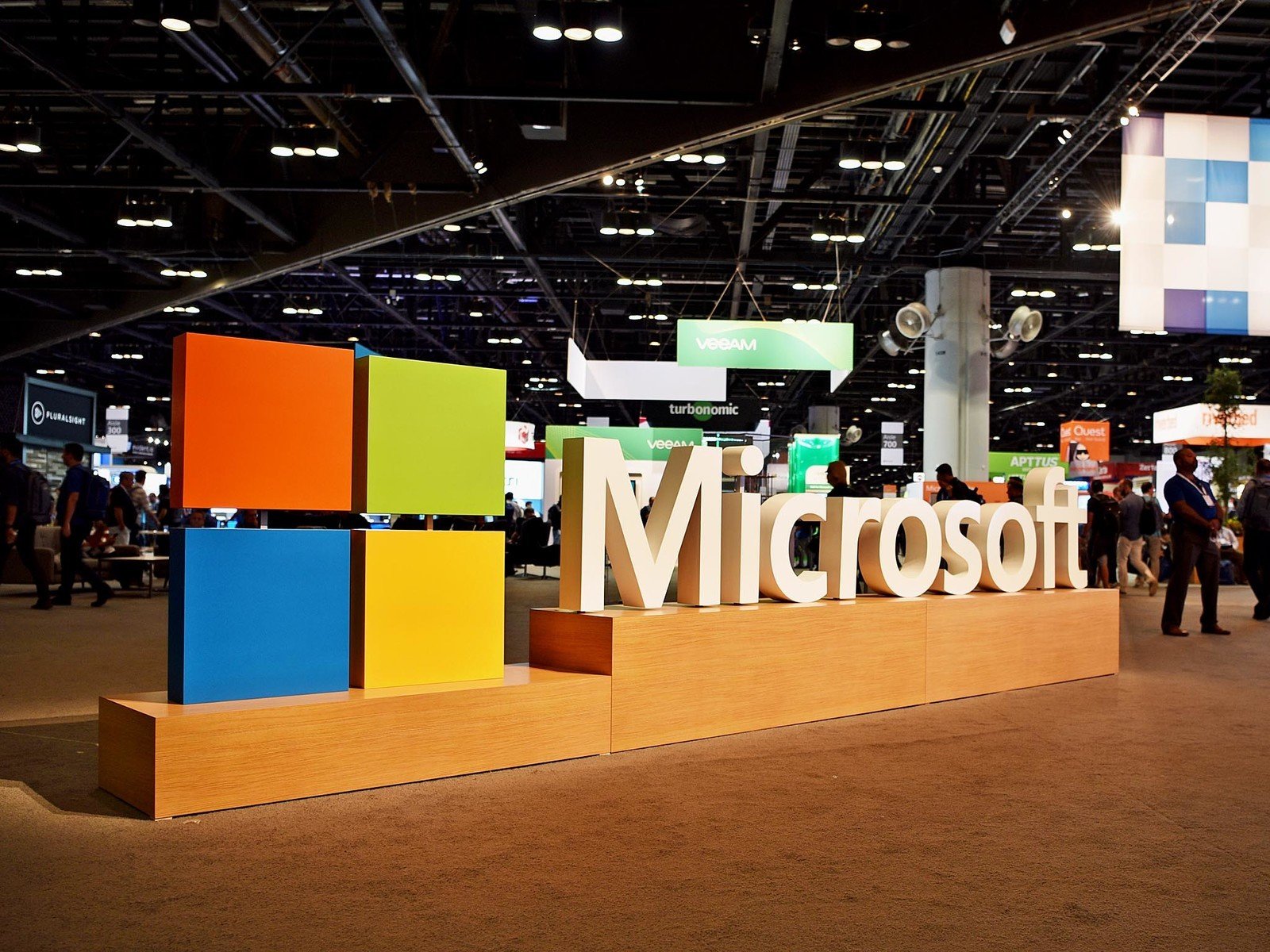
All the latest news, reviews, and guides for Windows and Xbox diehards.
You are now subscribed
Your newsletter sign-up was successful
The Microsoft ecosystem feels a bit shaky these days. Across mobile, PCs, Xbox, communication, and entertainment services, aspects of the Microsoft "life" have either become totally outpaced by rivals or have been shut down.
At one point, it felt like Microsoft was on the cusp of delivering a computing ecosystem that could support every aspect of your digital life. Those days are probably in the past.
Microsoft has a ton of great products, including Surface, Xbox, and Office. However, it also has a diaspora of poorly-nurtured acquisitions, neglected services, and in some cases, just weak investments. Here are some of the most notable examples.
Skype
Skype desktop (left) vs. Skype UWP (right)
Skype's legacy will likely be a lesson in total mismanagement, as rival apps and services strip out and disassemble practically any reason to open this increasingly weak program.
Skype's legacy will likely be a lesson in total mismanagement.
Skype used to be a leader and innovator in internet communication, arguably delivering the world's first stable video calling service for consumers. Skype is a household name and a huge brand, known across the world. In recent years, however, its relevance has been diminished.
From Facebook's Messenger and WhatsApp, to Snapchat, Google Hangouts, and Discord, several communication services have grown to beat Skype at its own game. The Skype team has been painfully slow to react, and it has gotten to the point where even Microsoft's lightweight GroupMe IM app provides a better messaging experience.
All the latest news, reviews, and guides for Windows and Xbox diehards.
Skype on Android and iOS is miserably slow compared to rival services. Skype's features and designs are maddeningly inconsistent to the point of total incoherency across desktop, UWP, and phones. Part of the problem with Skype stems from its outdated messaging, which is still miserably slow to update when moving from platform to platform.
Discord in particular has risen to prominence not only as a competent cross-platform messaging and calling solution but also as a tool for building communities, complete with a huge ecosystem of bots and other plugins. Oh, and of course, it's way faster than Skype.
That being said, Skype generally still holds the crown for video calling reliability. It also offers cheap global phone calls, which are highly useful for some territories. But these facts won't save it forever. Skype is one service that really needs a total overhaul.
Movies & TV
For the most part, I'm pretty happy with Movies & TV. The service works well on Windows 10 and Xbox One, and after a series of updates, it has quite a functional and attractive interface. The issues I have with Movies & TV stem from poor investments.
A bit of extra love could elevate Movies & TV from being a "me-too" media service.
With Windows 10 Mobile effectively dead, there's no way for those jumping ship to Android and iOS to access their Movies & TV content, as Microsoft hasn't yet bothered to provide an app. This strikes me as particularly odd since the Groove Music Android and iOS apps were fairly decent.
What's worse is the way content is handled. Despite the 4K push Microsoft is doing with the Xbox One X, Movies & TV is sorely lacking when it comes to 4K content, especially outside of the US. Movies & TV also isn't part of Disney's Movies Anywhere consortium for cross-platform licensing, although we've heard that Redmond is in discussions to join.
A bit of extra love could elevate Movies & TV from being a "me-too" media service to something that could serve Microsoft users everywhere.
Cortana
I've written fairly extensively about how bad Cortana is outside of the US, but the situation continues to be a miserable affair. Frankly, it's not great if you're inside the US either.
Cortana in the UK hasn't seen a meaningful update in years, and users in other territories have suffered worse. Cortana also isn't available in several English-speaking territories, despite being available in the U.S. and UK, which just seems lazy.
Cortana has a pathetic IoT ecosystem when compared to Amazon's Alexa and others. And while the situation is improving, particularly in the US, it might already be too late for Cortana to gain meaningful mindshare.
If Microsoft truly wants to position itself as an A.I. and cloud company, it needs to do something to improve the "face" of that ecosystem. At the moment, Cortana is little more than an embarrassment.
Windows 10 Microsoft Store
Here's another one I've written fairly extensively about, and we can only hope that following the recent reorganization of Windows that the situation will improve.
Although the situation should improve as Progressive Web Apps (PWA) mature, the situation as pertains to Universal Windows Platform (UWP) apps is pretty sad. Most apps in the Store are either poorly made, abandonware, or simply ported via Centennial, missing out on a lot of core Windows 10 features. The situation has certainly been getting better, though, with Spotify arriving on the platform, and some indie apps like Kodi and paint.net.
Things aren't much better on the game side either, with few PC games hitting the platform. The games that are there are pretty awesome, however, with many supporting Xbox Play Anywhere cross-platform play and purchasing.
It's also another service that lacks global reach.
Getting into a multiplayer game via titles installed in the Windows 10 app store is a painful experience when compared to Xbox. Users have also reported issues when it comes to downloading large games on launch day for years, although the experience seems to have improved.
It's also another service that lacks global reach. The US store carries ebooks and more licenses for movies and TV shows than the rest of the world, whose users are again treated as secondary by Microsoft.
Finally, the whole app just needs more polish. App library management is a chore. The search function is temperamental at best. And it's simply poor to browse, offering only basic information at a glance.
Things can only get better ... right?
There are plenty of other Microsoft products and services I have gripes with but most of them are minor issues. I'm also disappointed that the company shuttered Groove, killed Windows 10 Mobile, and ended Kinect, but all of that is in the past now.
Despite all of this and what you may have heard, Microsoft isn't leaving consumers behind (at least, not yet), and the company has made moves to improve the situations outlined above. Windows management has been reorganized across the board, Cortana has a new project leader, and Microsoft just announced a $5 billion investment in IoT. Skype also recently picked up its own Insider program, which should lead to more feedback-led development.
Microsoft is a huge company, and turning the beast around is often a long, arduous task. It remains to be seen whether the products listed above truly improve, but there's plenty of reason to be optimistic.
Over to you
What products and services from Microsoft are you most disappointed in? Do you agree with my take on the ones mentioned here? Let me know in the comments.

Jez Corden is the Executive Editor at Windows Central, focusing primarily on all things Xbox and gaming. Jez is known for breaking exclusive news and analysis as relates to the Microsoft ecosystem — while being powered by tea. Follow on X.com/JezCorden and tune in to the XB2 Podcast, all about, you guessed it, Xbox!
